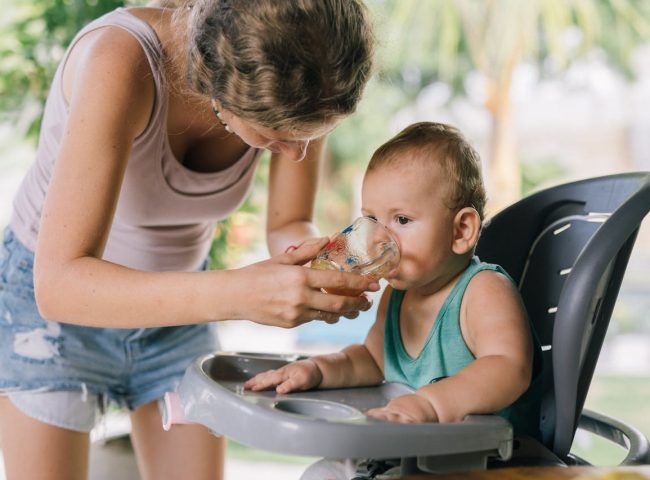Vaccines during pregnancy: are they safe?
“Prevention is better than cure” would be a vaccine if it were a product. Vaccines are medications that aid in defending you against hazardous ailments and illnesses. Prenatal vaccinations ensure the safety of both you and your unborn child.
Some vaccinations, nevertheless, should not be received prior to becoming pregnant or while you are pregnant. Therefore, it is advisable to speak with your healthcare professional about immunizations that are safe to receive while pregnant before receiving any shots.
Here is all the information you need to know about vaccinations and pregnancy as a result.
Vaccines Before Pregnancy
The following information regarding vaccinations before to pregnancy should be kept in mind, per the Centers for Disease Control.
Keep a thorough record of the vaccinations you have received. Your healthcare professionals will be better able to decide which vaccinations you need to obtain before and during your pregnancy if you share this information with them.
Keep Up: Before getting pregnant, make sure your vaccines are current to protect both you and your unborn child from any life-threatening infections. When contracted during pregnancy, some infections, such as Rubella, can cause miscarriages or serious birth abnormalities. Before becoming pregnant, obtain the MMR vaccine, and get a blood test to make sure you are immune to such illnesses.
Vaccines Before Pregnancy
For women before, during, and after pregnancy, some vaccinations are safe. To protect themselves and their unborn children’s health, women are encouraged to get these vaccinations. The antibodies that women develop as a result of their vaccinations cross the placenta and provide protection to their unborn children from an early age.
On the other side, some vaccines, particularly live-virus vaccines, could harm the fetus and shouldn’t be given to women who are pregnant or plan to get pregnant.
Another important factor to take into account before vaccination is allergies. Inform your healthcare practitioner if you have ever had serious allergies or allergic reactions to any vaccines. Your healthcare professional will compile a list of immunizations that would be safe for you based on your allergies or suggest alternatives.
Vaccines You Should Get During Pregnancy
Pregnancy is a time when inactivated viral vaccines can be given. Pregnant women typically receive recommendations for two vaccines:
Flu or influenza shot: Due to changes in heart, immunological, and respiratory systems, pregnant women are more likely to suffer serious diseases from the flu. To prevent complications from the flu and to protect yourself and your unborn child, get your annual flu shot.
Since the shot is manufactured from viruses that have already been killed, your infant won’t be harmed. However, stay away from using the live virus-containing nasal spray for the flu.
Tdap vaccine: Pertussis or whooping cough can be fatal for a newborn. The worst part is that some infants barely cough at all, possibly even ceasing to breathe and going blue.
Babies two months old or younger account for 7 out of 10 whooping cough deaths. To give these infants the Tdap vaccine at this time would be premature.
Some of these antibodies will be transferred to the unborn child before to delivery if you receive the Tdap vaccine while you are pregnant. This will offer newborns some temporary protection from whooping cough.
Women may occasionally need to receive additional vaccinations prior to, during, or after pregnancy. If you are pregnant and need to travel overseas, you should talk to your healthcare provider about it about 4 to 6 weeks before to your departure to learn about any necessary special vaccinations.
Covid-19 Vaccines During Pregnancy
Compared to other people, pregnant women are more likely to get serious illness with Covid-19. Hospitalizations, intensive care, the requirement for ventilators or other specialized breathing apparatus, or even death, may result from this. Additionally, Covid-19 use during pregnancy may result in preterm delivery, stillbirth, or a higher risk of pregnancy problems.
The Covid-19 vaccine’s efficiency and safety during pregnancy are mostly unknown. However, research indicates that the advantages of getting vaccinated against COVID-19 outweigh the hazards. Early research really indicates that receiving the Covid-19 vaccination lowers the chance of illness and may even cause the development of antibodies that protect the unborn child as well.
![]()
Final Thoughts
In most circumstances, vaccinations are advantageous for both the mother and the infant. Your doctor would advise you to stay away from immunizations that contain live viruses, such as the MMR or Shingles vaccines or the Chickenpox vaccine. If you are pregnant or intend to become pregnant, speak with your doctor before receiving any vaccinations.







